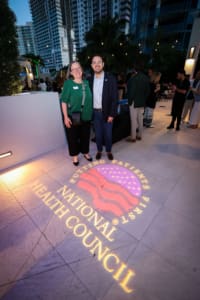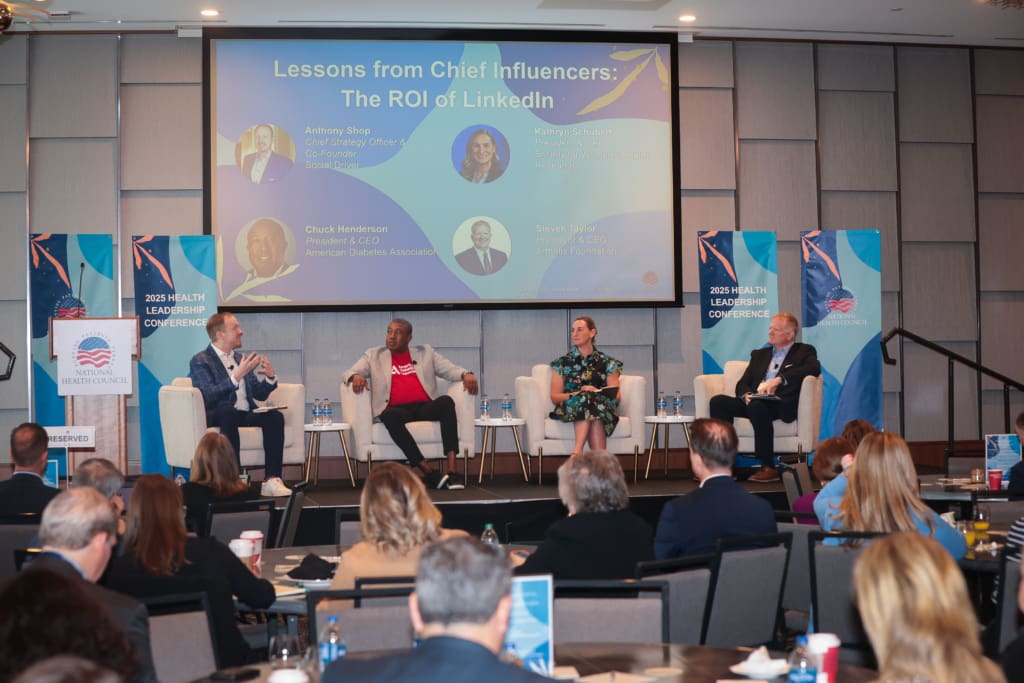Created by and for patient organizations more than 100 years ago, the National Health Council (NHC), an Independent Sector member, brings diverse organizations together to forge consensus and drive patient-centered health policy. Today the National Health Council continues to provide a united voice for the 160 million people living with chronic diseases and disabilities and their family caregivers. We promote increased access to affordable, high-value, sustainable, equitable health care.
Made up of more than 170 national health-related organizations and businesses, the NHC’s membership includes the nation’s leading patient organizations. Other members include health-related associations and nonprofit organizations including the provider, research, and family caregiver communities, as well as businesses representing biopharmaceutical, device, diagnostic, generic drug, and payer organizations.
The NHC considers the role of the patient community vital in incorporating patient perspectives and experiences into health care policy, research, and decision-making. We also consider and elevate the role of caregivers and their critical role in the patient community, especially for the support they provide patients in managing chronic diseases. For children and the elderly in particular, caregivers can often be the only voice of a patient within the system.

The NHC’s recent Health Leadership Conference for chief executive officers, executive directors, senior executives, and board leaders from the nation’s top patient organizations and related nonprofits demonstrated the expertise and the dedication of the leaders in our membership. This year’s conference theme, “The Future of Leadership,” invited participants to think about how leadership is evolving in response to rapid changes in the health care ecosystem, innovation in technology, and shifts in the policy and advocacy landscape. Keynote speaker Bill Doherty, co-founder of Braver Angels, opened the program by encouraging attendees to consider their approach to leading through polarization. The conference provided a forum for the NHC to debut a new Trusted Messenger campaign focused on the prevention and management of obesity, diabetes, and cardiovascular disease. The conference’s program also included other timely exploration of topics such as the federal regulatory environment this year and approaches to crisis management.

NHC’s role as a member organization means we are working to bring clarity to the impact of recent political developments on patients, including following changes that impact the government workforce, institutions of science, and the broader nonprofit sector and charitable community. NHC is always striving to support patients and our members, and we are prioritizing both listening and being responsive in this environment. As always, the NHC’s policy work concentrates on efforts that will be of highest importance to the patient advocacy community and continues to ensure equity as an essential part of all NHC’s policy activities. The NHC is collaborating with several organizations including Independent Sector, ASAE, and the National Council of Nonprofits to evaluate the impact of the recent executive orders and actions and other policy developments. We look forward to our continued work together in service to our members and the broader patient community.
Susan Gaffney is executive vice president of the National Health Council.
Note: Photos courtesy of National Health Council



